Boulder, Colorado, is a runner's paradise, with its breathtaking landscapes and a community that thrives on an active outdoor lifestyle. Whether you're a trail enthusiast conquering the challenging terrain or a triathlete hitting the flat roads, the allure of running in Boulder is undeniable. However, the love for running can sometimes lead to injuries that could hinder your passion. This blog delves into the world of injury prevention for Boulder runners, focusing on common injuries specific to trail and triathlon running and how physical therapy can be your greatest ally in avoiding them.
Boulder's diverse landscape offers a range of running options, from scenic trails to flat triathlon courses. Each terrain has its unique challenges, making it essential for runners to understand the conditions they face.
Trail Running:
Boulder's extensive trail network attracts avid trail runners. The uneven terrain and constant elevation changes can lead to a variety of injuries, including ankle sprains, knee issues, and overuse injuries due to the uneven surface.
Trail runners often encounter obstacles like rocks, roots, and steep ascents and descents, increasing the risk of tripping and falling.
Road Running and Triathlon:
Road running and triathlon often take place on flat surfaces, but they come with their own set of challenges. The repetitive motion of running, transitioning from the swim and bike portions, can lead to overuse injuries, such as shin splints and stress fractures.
The need to maintain a steady pace during a triathlon or road race can put additional stress on the body, increasing the risk of muscle imbalances and injuries.
The Importance of Movement Assessment
Physical therapy plays a pivotal role in injury prevention for Boulder runners. At Boulder Sports Chiropractic, our physical therapist conducts a thorough movement screen known as the Selective Functional Movement Assessment (SFMA). This assessment is a valuable tool for identifying underlying limitations that can affect performance and predispose runners to future injuries. By pinpointing these limitations, we can tailor a comprehensive plan to address them and enhance your running experience.
The Significance of Past Injuries
It's important to recognize that the largest predictor of future injury is past injury. Runners often downplay the importance of fully rehabbing injuries and addressing underlying issues. Ignoring past injuries or not addressing them comprehensively can significantly increase the risk of re-injury. Our physical therapist focuses on not only rehabbing current injuries but also identifying and correcting any lingering issues from past injuries to ensure your running health remains intact.
Common Running Injuries and Their Prevention
Let's take a closer look at some of the most common running injuries and how physical therapy can help prevent and manage them:
Ankle Sprains: Trail runners are particularly susceptible to ankle sprains due to uneven terrain. Physical therapy includes exercises to improve ankle stability and proprioception, reducing the risk of sprains.
Knee Injuries: Whether on the trails, road, or triathlon courses, knee injuries like patellofemoral pain syndrome (runner's knee) are prevalent. Physical therapy focuses on strengthening the muscles around the knee to improve stability and alignment.
Shin Splints: Trail and road runners, as well as triathletes, may experience shin splints due to repetitive impact. Physical therapy addresses muscle imbalances and gait issues that can contribute to shin splints.
Plantar Fasciitis: This painful condition affects the soles of the feet. Physical therapy includes stretches and exercises to alleviate plantar fasciitis and prevent it from recurring.
Overuse Injuries: Both trail, road, and triathlon runners are at risk of overuse injuries. Physical therapy emphasizes balanced training and proper recovery to reduce the likelihood of overuse injuries.
Muscle Imbalances: Triathletes often face muscle imbalances due to the demands of the sport. Physical therapy provides targeted exercises to correct imbalances and improve overall running performance.
Prioritize Your Running Health
As a passionate runner in Boulder, it's crucial to take proactive steps to protect your health and enhance your running experience. Don't wait until injuries force you to slow down or stop altogether. The expert physical therapist at Boulder Sports Chiropractic is here to support you on your running journey.
We offer a comprehensive approach to injury prevention, combining the SFMA movement assessment with personalized treatment plans designed to address your specific needs and goals. Our goal is to keep you on the trails, roads, and triathlon courses, enjoying the natural beauty of Boulder while staying injury-free.
To all the runners in Boulder and surrounding areas, we invite you to take the next step in injury prevention. Book an appointment with our physical therapist at Boulder Sports Chiropractic, and let us help you reach your running aspirations while keeping injuries at bay. Your running health matters, and we're here to support you every step of the way.
